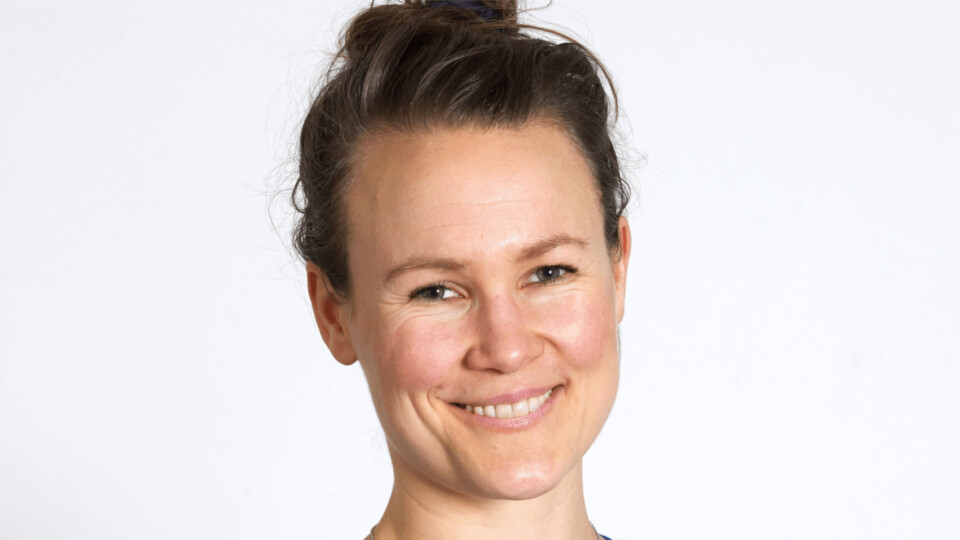
Fish farming’s extra effort broadcast to the world
The efforts of salmon farmers to make sure their operations are more robust during the Covid-19 epidemic have been highlighted on the BBC World Service.
Ida Kristine Hårstad, chief financial officer of Norwegian fish farming feeding control company CageEye, told the station’s World Business Report that farmers were focusing even more on core production than usual in order to ensure they could meet increased demand for fish.
“Farmers I have spoken to are experiencing challenging times. Like many of us they are worried about taking care of employees, themselves and their loved ones, but at the same time they need to keep core operations going. The fish still need food and a safe environment just like us human beings every day,” said Hårstad.
“According to one of our board members who is also the chairman of a producer, they are experiencing quite hectic times because the whole food value chain is experiencing more demand and distributing more food.”
Fish on menu at home
The fact that many people are spending more time at home has increased the demand for fish, Hårstad told the programme.
“During the past couple of weeks, we have spent much more time at home, cooking more meals, and we want more variety and more healthy food, and we tend to eat more fish actually now that we have more time,” said the executive, who is also a director of NorseAqua, which supplies feeding equipment, cleaner fish hides and aeration equipment.
Hårstad said CageEye’s AI feeding technology contributed to the industry’s robustness.
“For example, we can offer autonomous feeding which of course can be crucial when, like now, operators need to be quarantined.
“Also, we focus on the needs of the fish, and if you manage to understand and interpret fish behaviour you can act upon it, so we enable farmers to be much more proactive and more resilient.”






















































